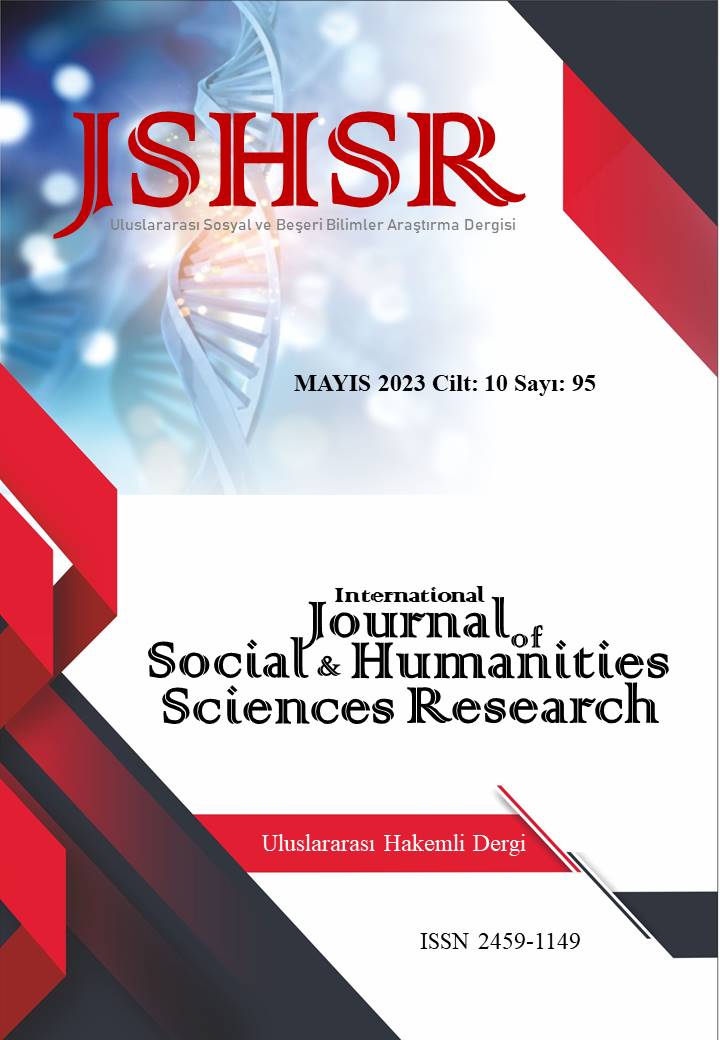CONTEMPORARY EXEGESIS CURRENTS IN IRAN
DOI:
https://doi.org/10.26450/jshsr.3644Keywords:
Qur’nic exegesis, exegesis currents, political and non-political exegesisAbstract
The Holy Qur’an, as the most significant textual source of Islam, has continuously attracted the attention of Islamic scholars. Since the early centuries of the history of Islam, Iranian scholars have played a significant role in the development and enrichment of the valuable exegesis literature of the Islamic world. A considerable quantity of exegetical works have been authored by Iranian scholars throughout the history of Islam. In the last century, the Quran has entered the socio-political life of Muslims as the most important intellectual source for reformist-Islamic movements. The occurrence of the Islamic revolution in 1979 paved the way for the contribution of more Iranian scholars to the interpretation of the Qur’an individually and in the form of groups and organizations. This issue led to the proliferation of commentary works. Hence, numerous exegesis currents emerged. The aim of this study is to examine the contemporary exegesis currents, especially in the last four decades after the Islamic Revolution of Iran. The findings indicated that there are numerous exegesis currents. Some of them do not accept political interpretation whereas some others interpret Qur’an politically to cope with the after-revolution political demands and satisfy social needs.
Downloads
Published
How to Cite
Issue
Section
License
Copyright (c) 2023 INTERNATIONAL JOURNAL OF SOCIAL HUMANITIES SCIENCES RESEARCH

This work is licensed under a Creative Commons Attribution 4.0 International License.


